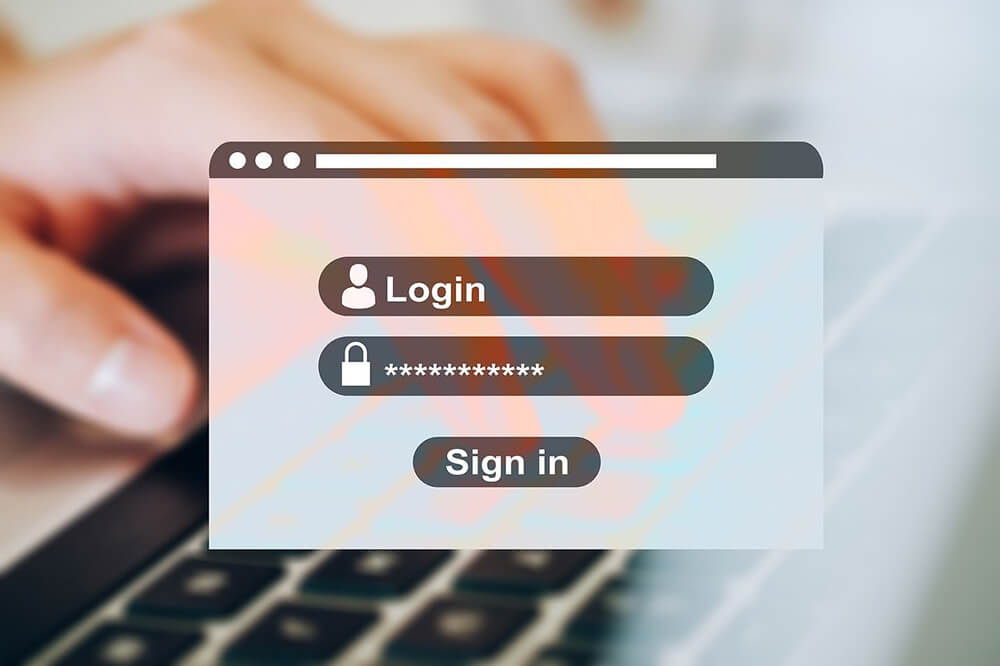The internet is a wonderful resource and increasingly essential in our daily lives. However, criminals are clever at exploiting this to try to steal our personal and financial information. Here, Cambridgeshire and Peterborough Against Scams Partnership (CAPASP) offer their top tips about how to stay safe from online scams.
1. Be wary of unsolicited messages
You can reduce your vulnerability to online scams by being wary of unsolicited emails, phone calls and texts asking you for your personal information (date of birth, address etc), or information about your usernames, passwords, PINs or other security details.
Cyber criminals send malicious communications in order to gain access to your device. For example, an attachment to an email could, if clicked, install malware that activates your camera and microphone. Or it could install a keylogger that records everything you type and every app you open and gives the criminal access to images, videos and documents on your computer.
Alternatively, if you click on a hyperlink, it could lead to a webpage that looks genuine but is under the control of the criminal, as they watch you enter personal information, including your email address and password.
Tip: Take time to verify who the sender is – you can often do this by hovering over the sender’s email address. Emails from the government (HMRC, your local authority etc) all end in .gov.uk.
Tip: Do not open attachments or click on links in emails, text messages or instant message services like Messenger and WhatsApp, unless you are confident the sender is genuine. Easier said than done! If in doubt, do not open or click. Contact the alleged sender by a separate means and ask them if they have been in touch.

2. Use strong, separate passwords
Passwords are the virtual equivalent of your locks and keys in the real world, so they need to be strong and unique, with only you, or someone you trust, having access to them.
Make sure you use separate passwords for each online account. If criminals discover one password, they will use it, together with your email address and a clever bit of software, to try to access dozens of other mainstream accounts, such as Amazon, PayPal etc.
Tip: To create a strong password, use three random words with upper and lowercase letters, numbers and keyboard characters, for example, Sn6wSpr1ngL@ne.
Tip: Separate passwords for each account means lots of passwords! You could write them down, keeping the password book away from any devices and concealing the account each refers to, or consider using a password manager.
3. Use Two-Factor Authentication (2FA)
Two-Factor Authentication (2FA) means that even if criminals know your password they will also need access to the physical device and a 6-digit code which is generally sent to a mobile phone or an authenticator app.
Tip: Enable 2FA on every online account that supports it. It provides an extra layer of protection for your online accounts.
4. Check your social media privacy settings
Don’t overshare on social media. Those nuggets of personal information, like birthdays and children’s names, can be used to target you later. Be careful sharing information with people you haven’t met; you just cannot be sure they are who they say they are.
Tip: You can help prevent online identity fraud by making sure your privacy settings on social media are set appropriately.
5. Back up your data
So much of our lives is stored on our devices, such as documents, photographs, calendars and music. To protect all of this from loss, cyber theft and corruption, you should regularly back up your data.
Tip: Ensure you have backups of your important data, one cloud-based and the other on a storage device like a USB memory stick and not connected to the internet or another computer.
6. Update your device’s software
It is important to ensure that your device’s operating system, software, apps and browser are all kept up to date. Criminals work hard at finding a way to breach these, so new versions or ‘patches’ are regularly created to keep the criminals out.
Tip: Install updates whenever they become available. The sooner you update, the sooner you are protected from known cyber security breaches.

7. Be careful when using public Wi-Fi
Always be cautious when using public Wi-Fi. It’s fine for general browsing, but never use it for shopping or banking.
Tip: Use your device’s 4G mobile data instead, if you have it.
The Cambridgeshire and Peterborough Against Scams Partnership (CAPASP) is here to support all our residents and businesses to protect themselves, their families and friends from scams and doorstep crime. Find out more here:
Webpage: www.cambridgeshire.gov.uk/against-scams
Facebook: www.facebook.com/CAPASP19
Twitter: www.twitter.com/CAPA5P
Why not become a Friend Against Scams and join the thousands of Friends there already are across the county? The 20-minute e-learning is available here: www.friendsagainstscams.org.uk/elearning/Cambridgeshire.
For more information on securing your phones, laptops, tablets and other devices to stay safe from cyber criminals, contact Cambridgeshire Constabulary’s Fraud and Cyber Security Advisor (and CAPASP’s expert on all things online), Nigel Sutton, at: CyberProtectCambs@cambs.pnn.police.uk, or visit www.ncsc.gov.uk/cyberaware.






